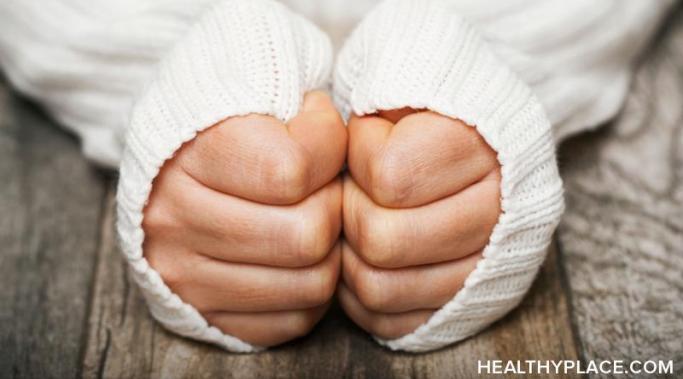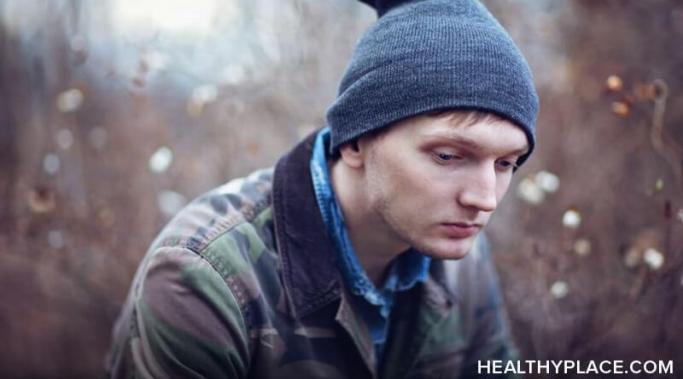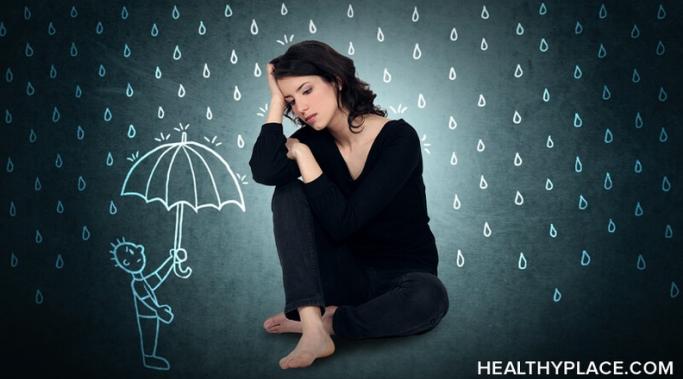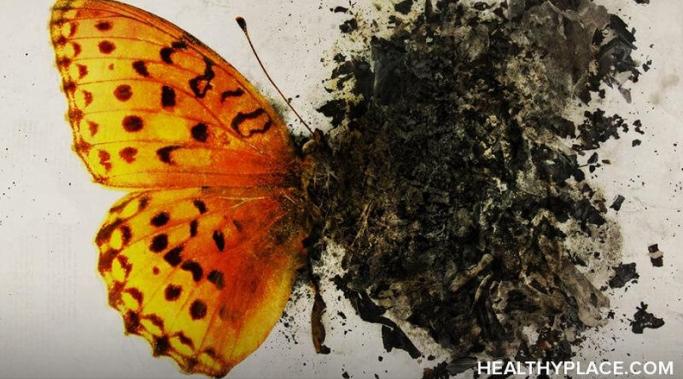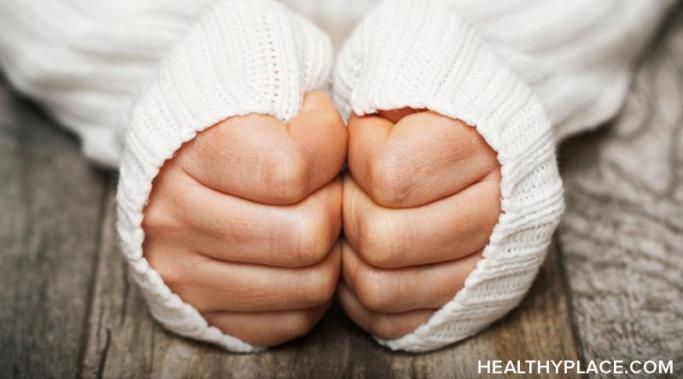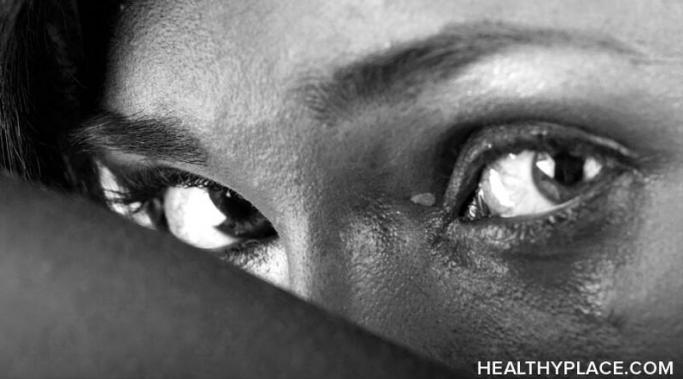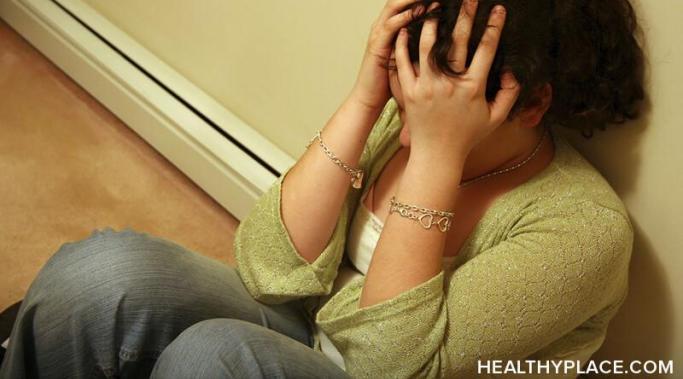One of the most vital components of recovering from self-injury is learning to manage the urges that drive you to hurt yourself. Rarely is this as simple as relying on willpower alone to tell yourself "no." Enter self-harm urge surfing: a potential recovery tool that requires patience, rather than power, to use.
Mental Health Issues
Despite a seemingly simple definition, it can be difficult sometimes to draw the line between what does and does not qualify as a self-harm disorder. Excoriation, for example, involves purposely and repeatedly harming your own skin—but is skin picking really self-harm?
The holiday season is a complicated time of year, one that tends to bring out both the best and worst in us. For some, it is simply a time to celebrate and give thanks, but when you're stuck in the shadow of self-harm with depression, lights strung on trees might not seem bright enough to outshine the darkness of long, cold, winter nights.
The change of seasons can sometimes make us feel moody and add seasonal depression on top of self-harm urges, and you might have a problem. Especially in winter months, it’s hard to remain positive when all you see outside your window is doom and gloom. Seasonal affective disorder (SAD) can happen to some during those times, making us feel depressed and, well, sad. Depression can also fuel self-harm urges, so it’s crucial to practice coping skills and lots of self-love when it’s dark outside.
If you struggle with self-harm, you probably don’t sleep very well. Sleeping too much or not enough often travels with emotional pain. However, poor sleep habits (known as sleep hygiene) can be detrimental to our mental health. It can increase our self-harm urges or lead to other serious problems, so practicing good sleeping habits is key to recovery.
What part can dissociation play in self-harm? If you’ve never self-harmed, you probably can’t understand why anyone would do such a thing in the first place. The notion of inflicting physical pain on oneself can seem illogical and terrifying. However, self-harm can often travel with dissociation symptoms.1 This means the person who self-injures might feel physically numb or have no recollection of the event.
They say what doesn't kill you makes you stronger. Most of the time, this is a positive statement; it helps people make sense of the difficulties they've faced and find something good to take away from some of the worst moments in their lives. But does hurting yourself make you stronger?
As the COVID-19 pandemic stretches on, living in its shadow has gradually become more and more familiar to us. But familiarity hasn't made any of it easier to live with, especially not those of us who were already struggling with our mental health prior to this year. Recovering from self-harm during a pandemic isn't easy—but it is possible.
Self-harm and suicide are somewhat shrouded in mystery. Many consider them a teenage fad, a call for attention, or, worse, an act of selfishness. On the other hand, research suggests that self-injury and suicide often go hand in hand with trauma, which is a serious matter. And yet, the phenomenon is not fully understood. Is it because we choose to suffer in silence? (Note: This post contains a trigger warning.)
Self-injury, by its very nature, seems inherently connected to suicidal thoughts and behaviors. Yet while suicide necessarily involves causing yourself harm, there is a subtle but important difference between self-harm vs. self-destruction.

